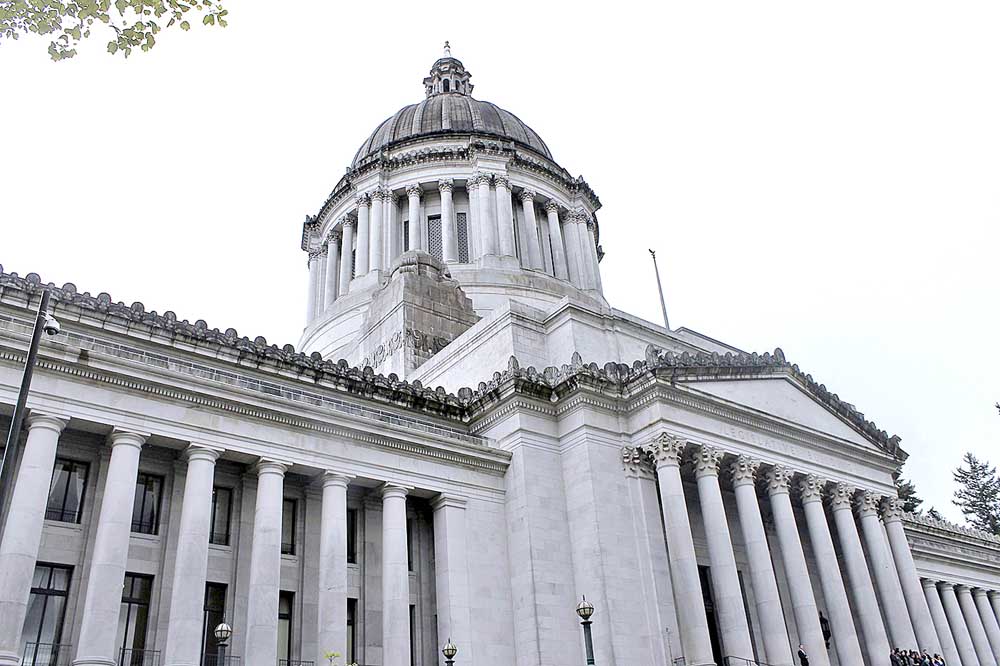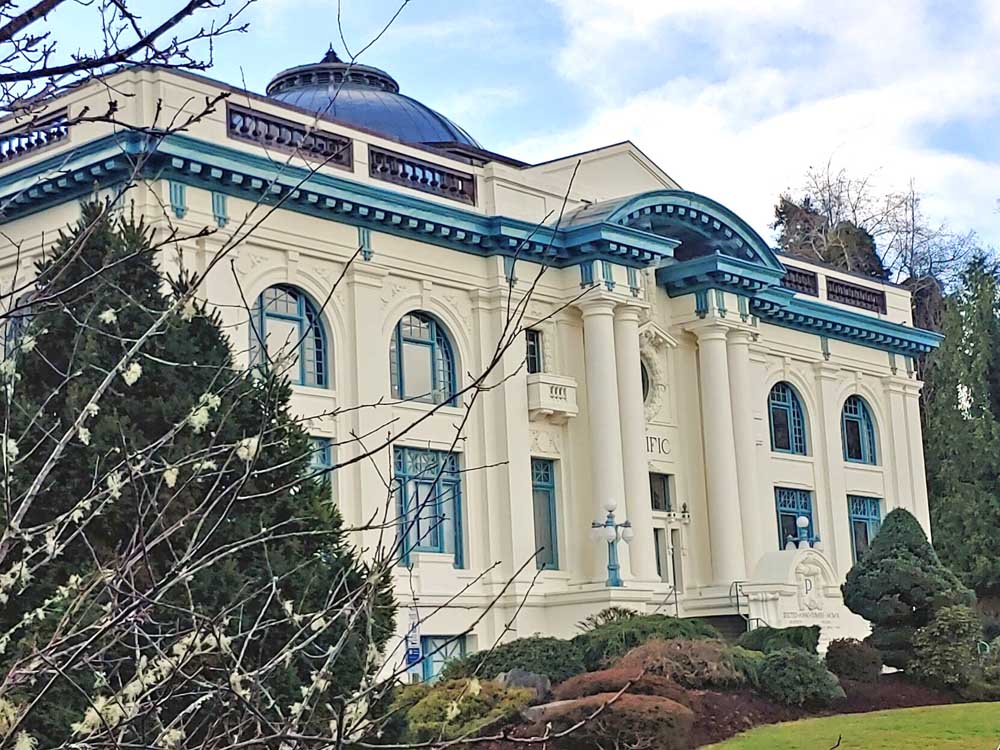Editorial: In the face of punishing inflation, state must ease up on taxes
Published 8:50 am Friday, July 1, 2022

- The Washington Capitol, which seems impervious to calls for tax relief for ordinary citizens.
Washington state government is rolling in the dough, anticipating collecting $1.5 billion more in taxes over the next year than forecast just four months ago, according to new reporting by our sister publication Capital Press and other news sources.
Trending
This spring before this latest estimate, Washington was already far ahead of anticipated revenue. But this wasn’t enough to spur any movement toward tax relief on the part of the governor or budget writers in the Legislature.
This led the Seattle Times editorial board to observe on March 23: “The absence of taxpayer relief in a year of a $15 billion budget surplus — and inflation at 40-year highs — strongly indicates that the current power players simply don’t care to cut. Ever.”
Most citizens say it is time for serious tax relief.
Trending
Our state tax system is infamously unfair at the best of times. We rely to an unusual extent on sales taxes, which harshly impact low- and middle-income people, who spend much of what we make on goods and services subject to Washington’s tax of 8% or more. At the same time, we also pay one of the highest taxes in the nation on gasoline and other transportation fuels.
With general inflation rising at the steepest pace in decades and gasoline prices hovering at an eye-watering level, all Washington residents are spending more every day. This is what is pumping up state revenue at the same time it pokes gaping holes in household finances.
The state always finds ways to spend whatever money it gets. Much of this spending is defensible, even laudable. We live in a time of virtually unprecedented need for social and health services, transportation improvements and a host of other good causes. But there is genuine financial pain in many families when even filling up the family car can cost $80.
Two Republicans on the bipartisan Economic and Revenue Forecast Council would like to return money to taxpayers by suspending the state’s 49.4 cents a gallon tax on gasoline and diesel. They are on the right track, though any cut should be structured in such a way that oil companies, middlemen and retailers don’t simply add another half-dollar to the windfall they’re already harvesting.
State leaders argue that past surges in revenue were followed by declines that forced hurtful cuts in spending. For example, early efforts to monitor and control the European green crab invasion were among many expenditures that fell victim to one such downturn — much to our regret today. But it isn’t as if the state is saving its current surplus for some future rainy day. Most is being spent as fast as it comes in.
Jason Mercier, government reform director for Washington Policy Center, made these apt observations in a recent commentary:
Some Democratic lawmakers in our state have said that taxes can’t be reduced because of uncertainties in the revenue forecast. If the revenue forecast can’t be relied on to reduce taxes, why do they treat it as gospel for their spending increases?
The revenue forecast is developed by nonpartisan professionals and lawmakers use it to make budget decisions. Unknowns are always a risk, which is why adequate budget reserves are required. Just a few months ago we were told the recent supplemental budget is responsible and left enough in reserves. If increases in the revenue forecast can be used to pass more spending, it can equally be used to give people tax relief.
Washington will continue having wild swings in tax revenue so long as we remain overly dependent on the sales tax and other regressive mechanisms. It’s unfortunate that a proposed tax on the capital gains made by only the state’s wealthiest residents is running into problems in court. It’s a step in the right direction, requiring the rich to help pay for a fair share of what it takes to run one of the nation’s best states. Ultimately, such a tax could require a state constitutional amendment, which will face an uphill battle against deceptive political advertising.
In the meantime, Washington residents are past due for some tax breaks. Nearly every family is having to tighten our financial belts. It will be shameful if the state doesn’t offer to do a little of the same.









